by Heather Plett | Mar 5, 2014 | Uncategorized
At least once a year for the last dozen years, I have gone away for a personal retreat for a day or two or three. It’s a practice that has become crucial to my self-care. Sometimes I go when I need clarity on a new project or new direction in my life, sometimes I go when I’m deep in grief, sometimes I go to mark an important milestone, and sometimes I go just to be nourished.
It’s very simple, really – find an inexpensive place to go (for $70, I get a private room and three meals at the local monastery, or you could ask a friend who’s out of town if you can house-sit for her), bring the things that matter to you, tell your family it’s important, and go. When you get there, disconnect from all social media and don’t turn on the TV.
Here’s a short photo essay to help you imagine your own personal retreat.
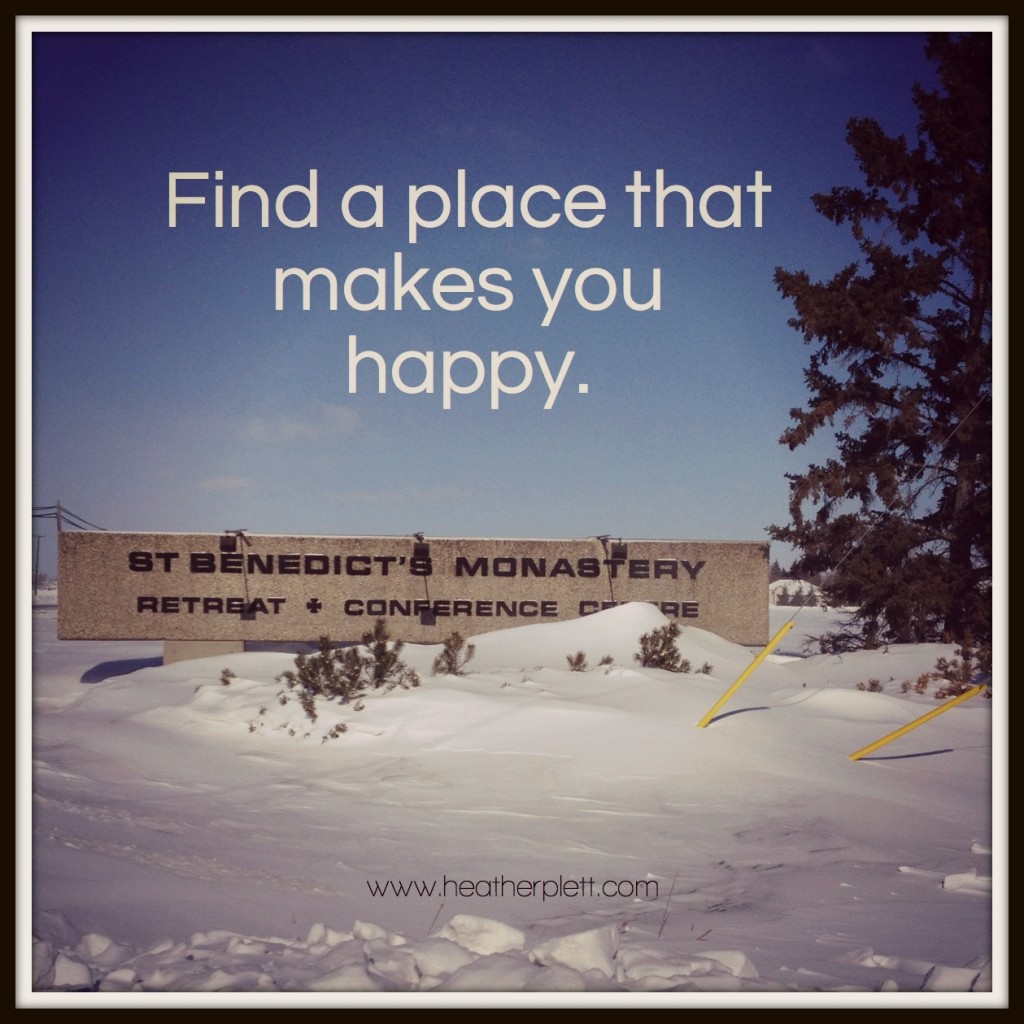
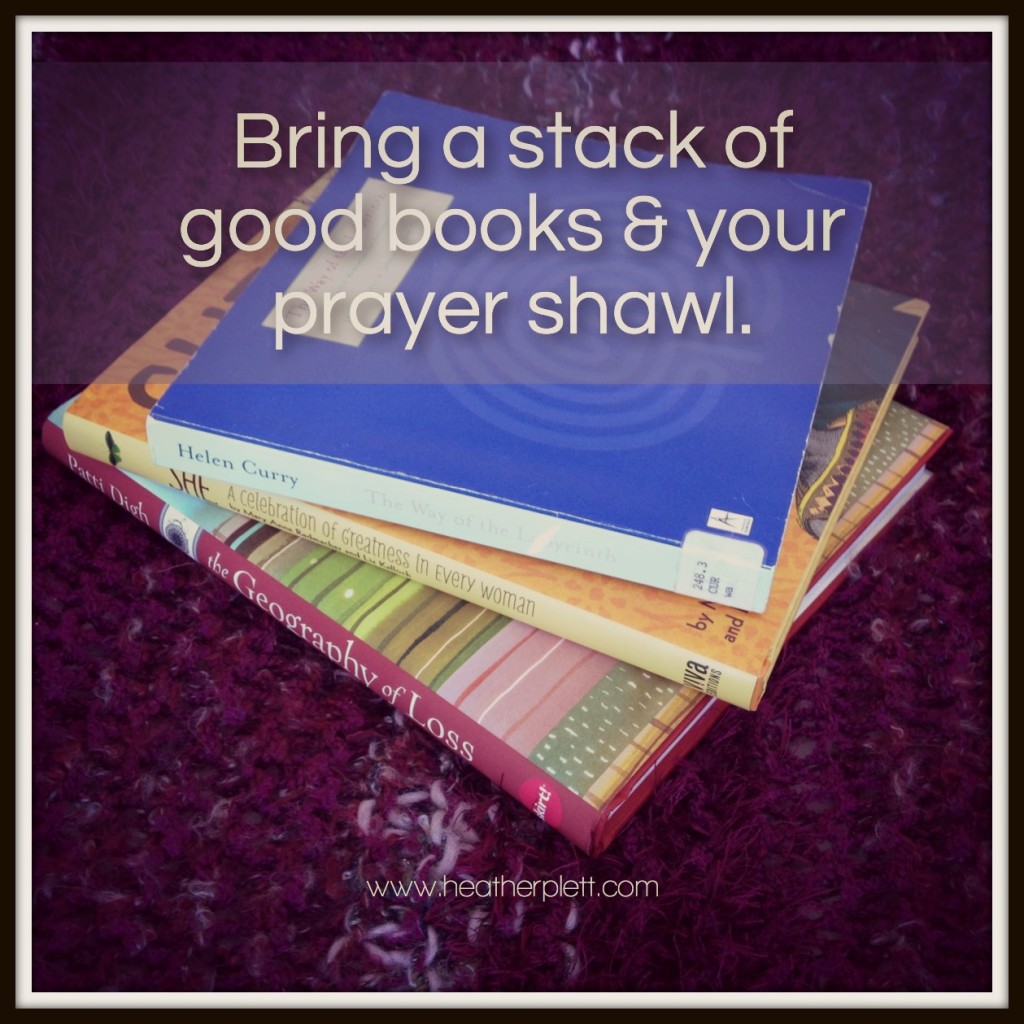
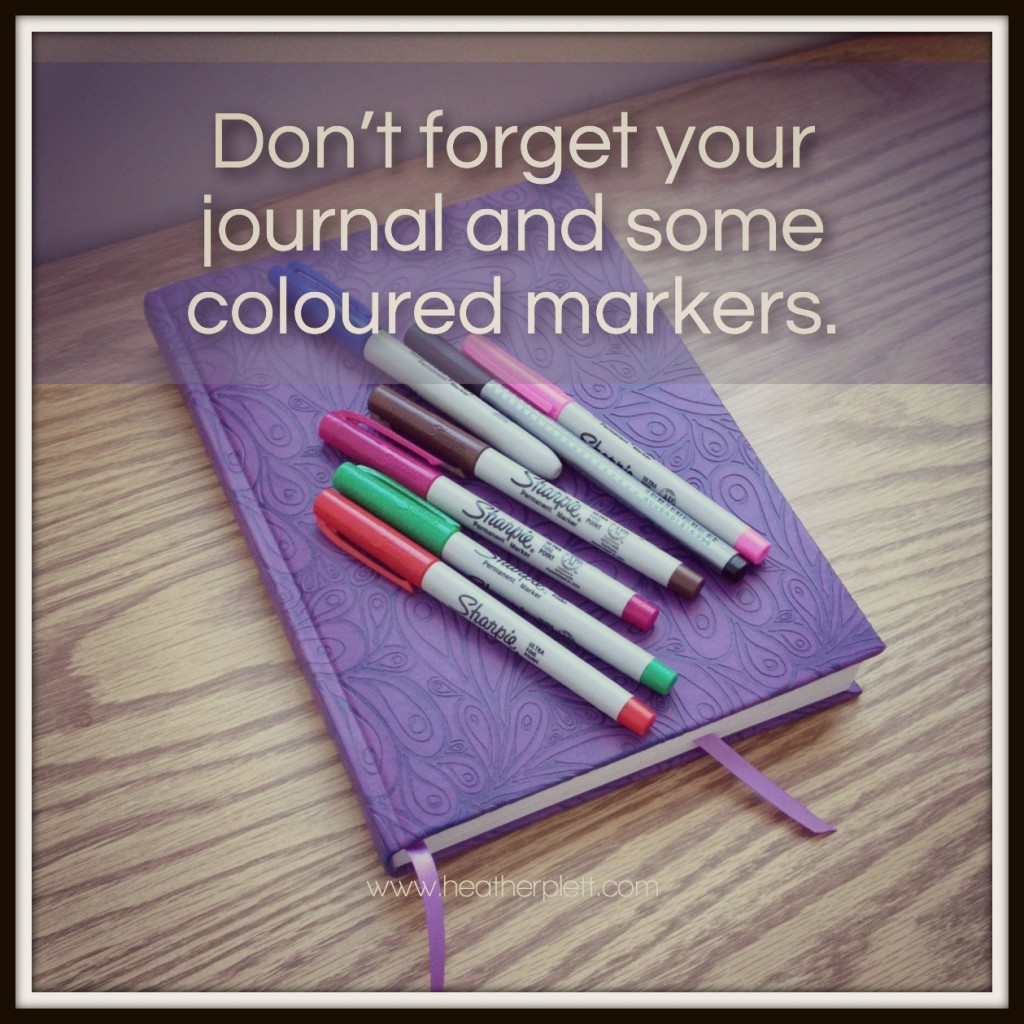
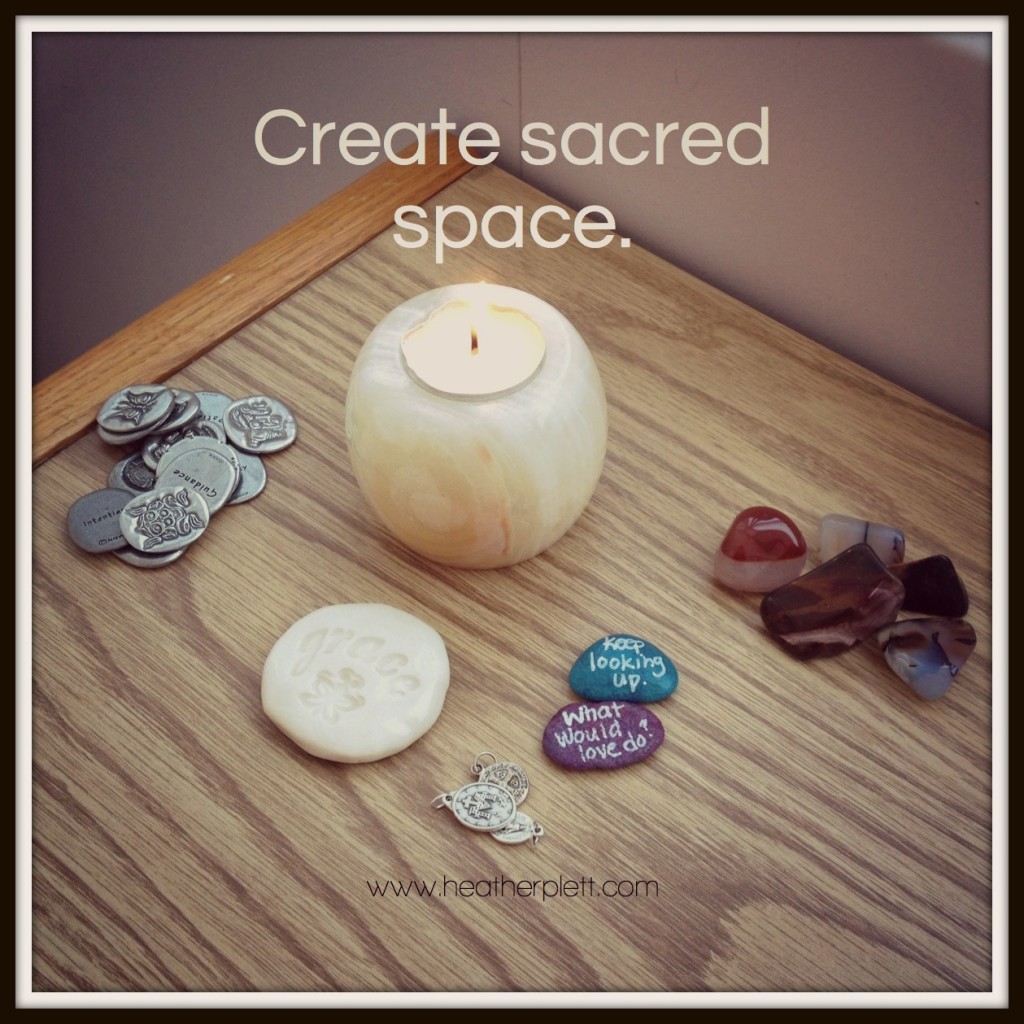
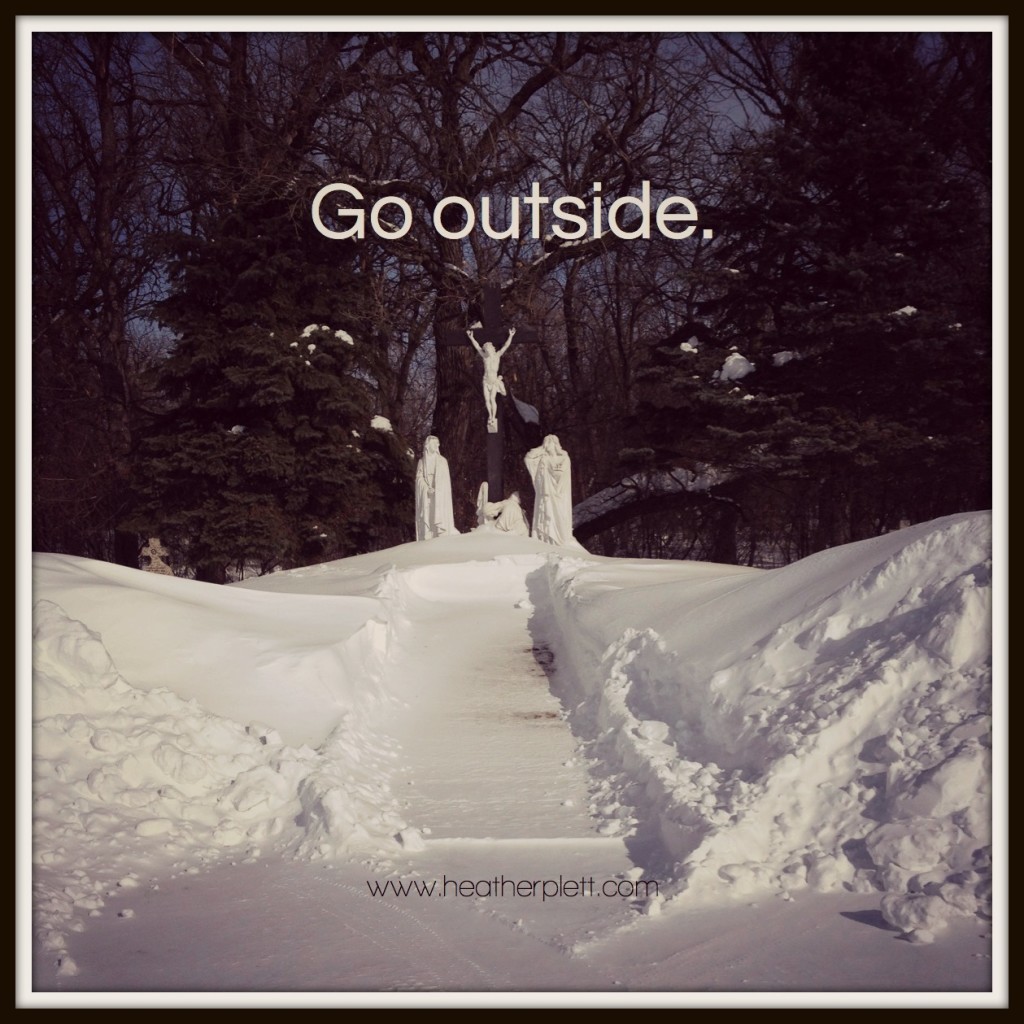
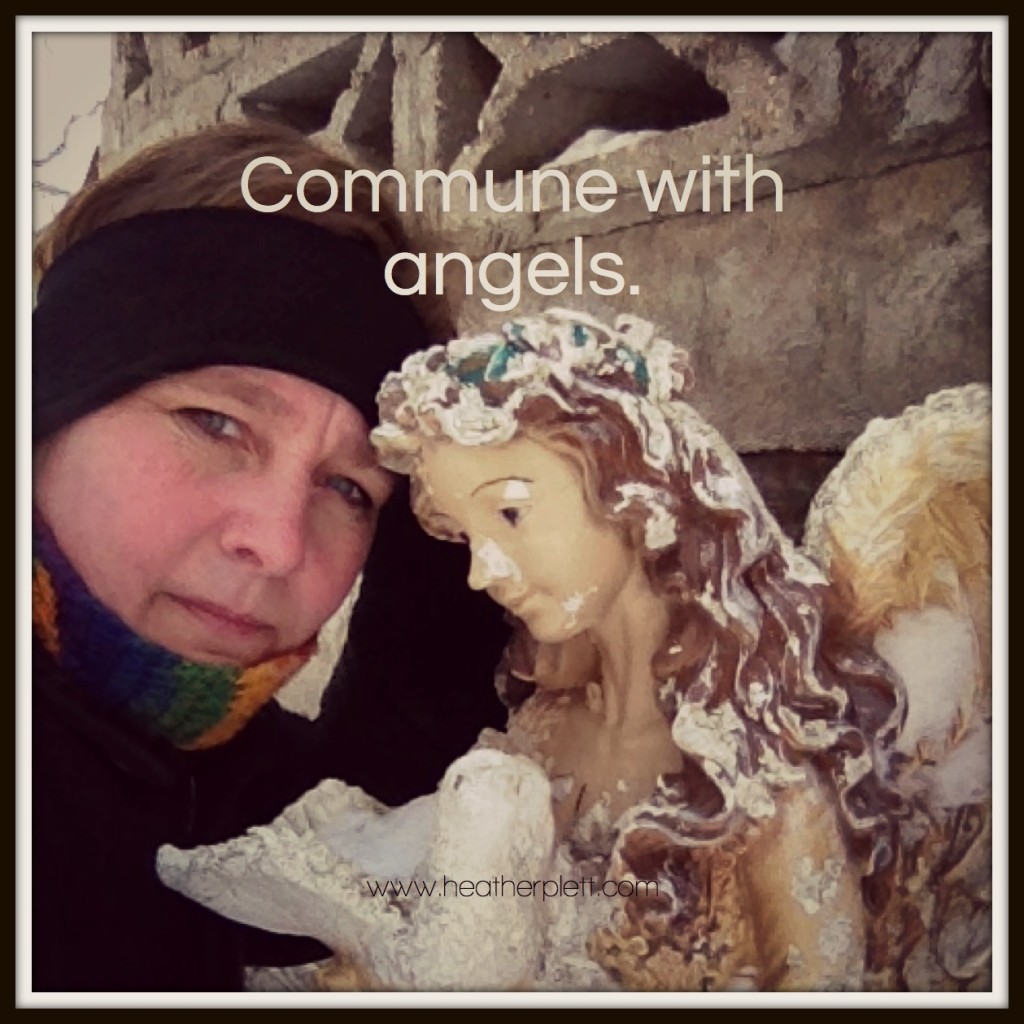
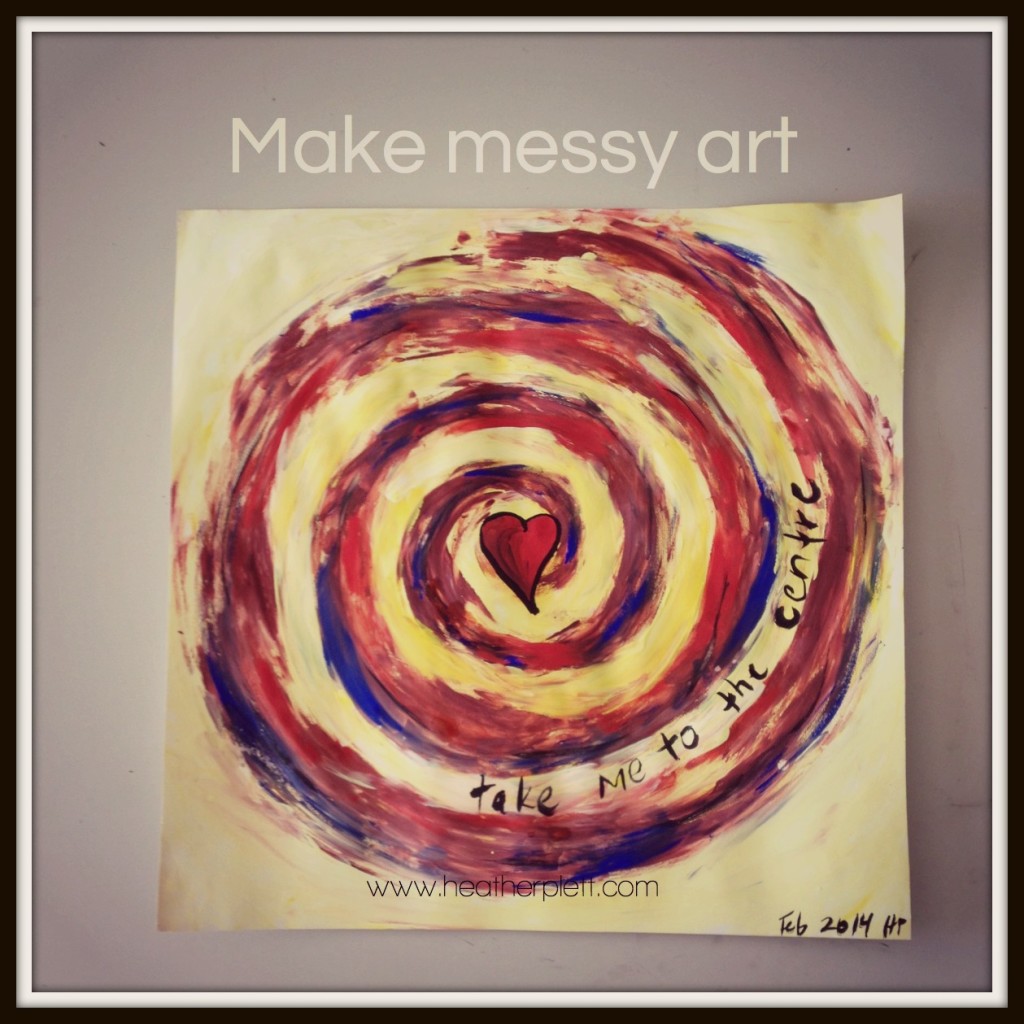

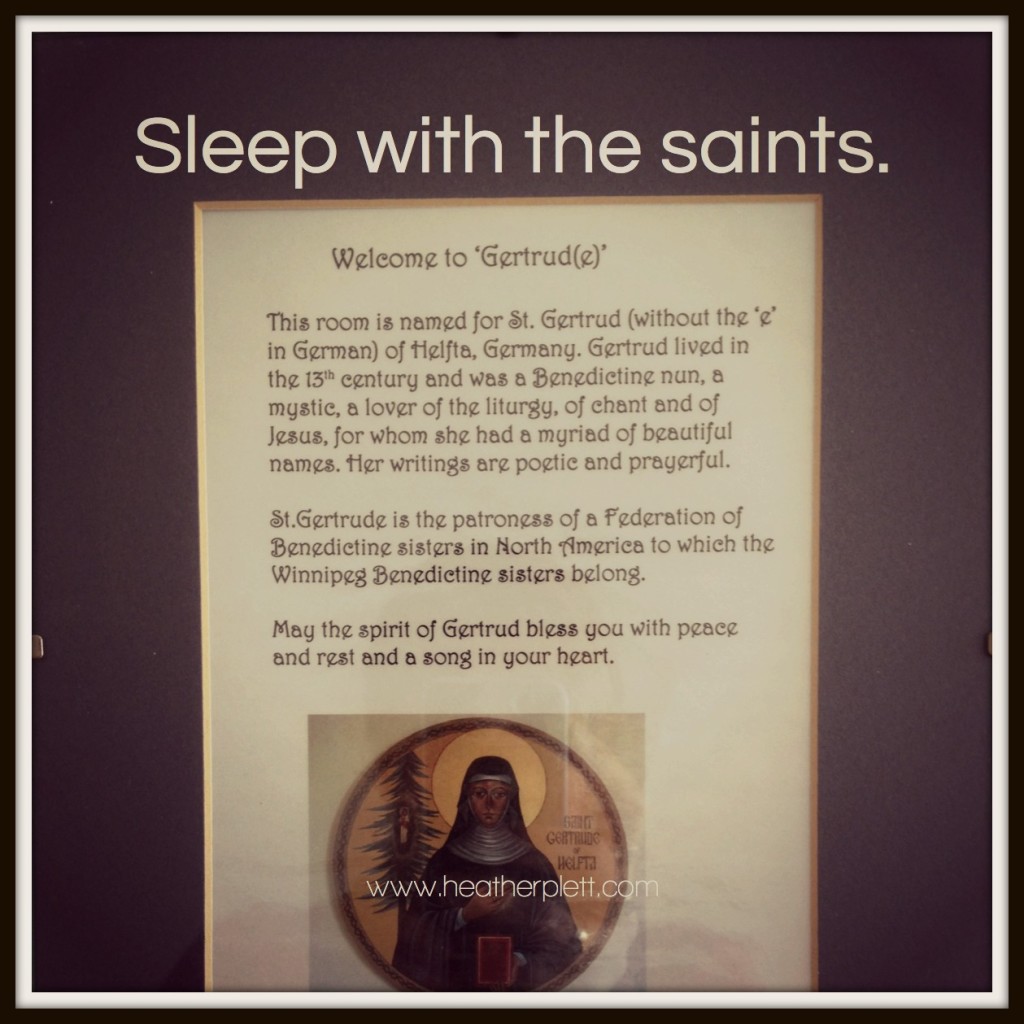
by Heather Plett | Feb 26, 2014 | Uncategorized
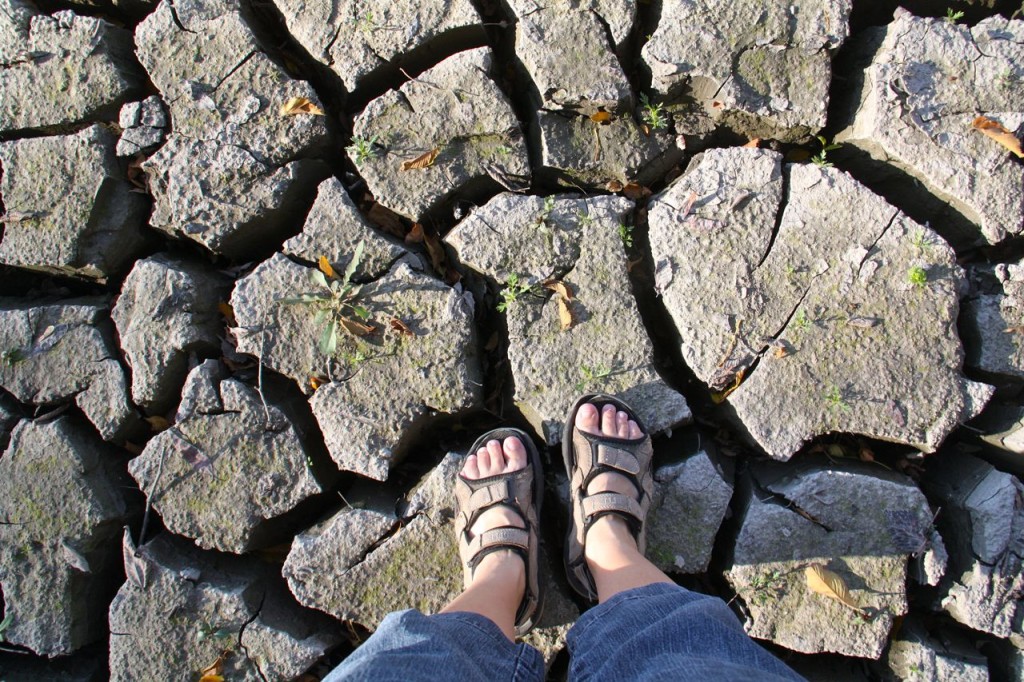 Note: Read all the way to the end of this post to find out how to enter to win free registration to Spectrum: A holistic visual journaling workshop.
Note: Read all the way to the end of this post to find out how to enter to win free registration to Spectrum: A holistic visual journaling workshop.
“All transitions are composed of an ending, a neutral zone and a new beginning” – William Bridges
In my last post, I talked about how the journey from Story A to Story B is almost always longer and more complex than we expect it to be. As the second diagram suggests, we must enter the labyrinth of transformation, release the old story on the journey in, sit quietly at the centre and wait patiently to receive what is there for us, and then make the return journey out of the labyrinth and into the new story that’s ready to emerge.
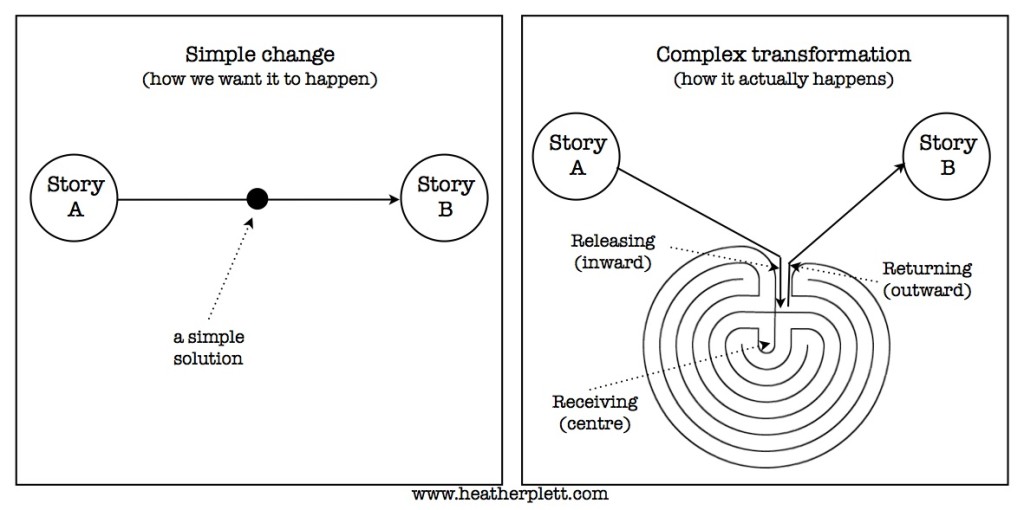 Several people have contacted me to say that the post resonated and that they find themselves in that in-between place. Some of them express their discomfort and want to know “what should I be doing in the in-between place?”
Several people have contacted me to say that the post resonated and that they find themselves in that in-between place. Some of them express their discomfort and want to know “what should I be doing in the in-between place?”
Here are some of my thoughts on how to live in the in-between place:
1. Let go of the mindset that you have to DO something. We are products of a culture that has convinced us that in order to have value, we must be active, we must produce things, and we must – at all costs – stay busy. I know it’s hard to break away from old patterns, but that mindset will not serve you well in this journey. New seeds do not grow on ground that is plowed every day. Nor can the land continue to be fruitful if it is not allowed to lie dormant through the winter. We need to learn a lesson from trees, release our fruit in the harvest season, release our leaves so that our trunks do not need to keep pumping sap through them and risk freezing, and simply lie dormant over the quiet season. Only then will we be ready to receive what is waiting for us at the centre. Only then can the new story begin to grow.
2. Be quiet. “To every thing there is a season, and a time to every purpose under the heaven… a time to keep silence, and a time to speak.” (Ecclesiastes 3) The in-between place is not a time for a lot of noise or conversation. It’s a more introverted time – a time to sit in your own silence and wait patiently for the wisdom to come. Turn off social media, cancel the parties, and just be quiet with yourself for awhile. The deepest wisdom in our hearts can’t be heard above the noise. If you can, go away for a silent retreat for a few days, or at least find time regularly to wander in the woods or in labyrinths.
3. Find the practices that sustain you and take you to a deeper place. This may be the time to bring in a new practice – dancing, yoga, meditation, Mandala Discovery, art journaling, walking, photography, etc. Find something that helps you get in touch with yourself and release the old stories.
4. Find an incubator where the new story can begin to grow in safety. It’s hard to believe in the new story that’s emerging if everyone you know is still stuck in old stories. To nurture your new story, find places where you feel safe trusting in what is possible. Find people (online or in person) who are also inviting in new stories and be intentional about supporting each other and growing new stories together.
5. Break away from the things that keep you stuck in the old story. This may mean you have to walk away from old jobs and unhealthy relationships. It may mean giving up some of your volunteer commitments that keep you too busy to walk the labyrinth. Be courageous in seeking what you know you need to get through this. Practice saying “no, this is not what I need right now”.
6. Be as honest as you need to be with the people around you. Be clear about your needs. You may need to tell your life partner “I need to be by myself for awhile. This is not about you – it’s about what I need for this transition I’m going through. I would appreciate your support.” It may mean you’ll need to tell your Mom “This is what is now true for me. It might make you uncomfortable, and it might not be true for you, but I’m asking you to respect my journey anyway.”
7. Allow yourself to grieve and to hospice the old story into its death. You’re letting go of something important. It’s a story that has sustained you for a long time. Don’t take that lightly. Allow yourself to properly grieve its loss. Don’t rush through the sadness or any of the other emotions that show up. Offer respect and gratitude to the old story for the role it played in your life. Give yourself permission to really feel this pain.
8. Be patient. The most difficult thing about this in-between place is that it doesn’t end as quickly as we want it to. Old stories need time to die. New stories need time to germinate. You won’t serve either story well if you rush from one to the next. You won’t serve yourself well if you don’t take the time that’s needed in between.
9. Remember that your journey is your own. No two journeys through this will look the same, so you’ll need to trust your own wisdom to get you through. You can seek advice from other people, read books about it, or take classes, but at the end of the day, nobody can know exactly what you need except for you. Trust that. Learn to listen for the voice of intuition.
10. Lean on a Higher Power. You’re not walking through this alone. God/dess wants to walk the journey with you, supporting you and holding you up when you get weary. Practice doing the things that help you get in touch with the God of your understanding – pray, meditate, be in nature, go to the synagogue, etc. Trust that something bigger than you wants this new story to emerge just like you do.
What’s your experience of the in-between place? Do you have any other points you’d like to add or any questions you’d like to ask? Add a comment to this post for your chance to win free registration to Spectrum: A holistic visual journaling workshop (where I’ll be teaching a workshop related to this post, on an art journal process inspired by labyrinths). Contest closes Friday, February 28 at 8:00 p.m. central.
Also, don’t forget that you have until Saturday morning to register for Mandala Discovery.
Note: All links to Spectrum are affiliate links, which means I’ll get a portion of the registration fees if you register through these links.
by Heather Plett | Feb 17, 2014 | Uncategorized
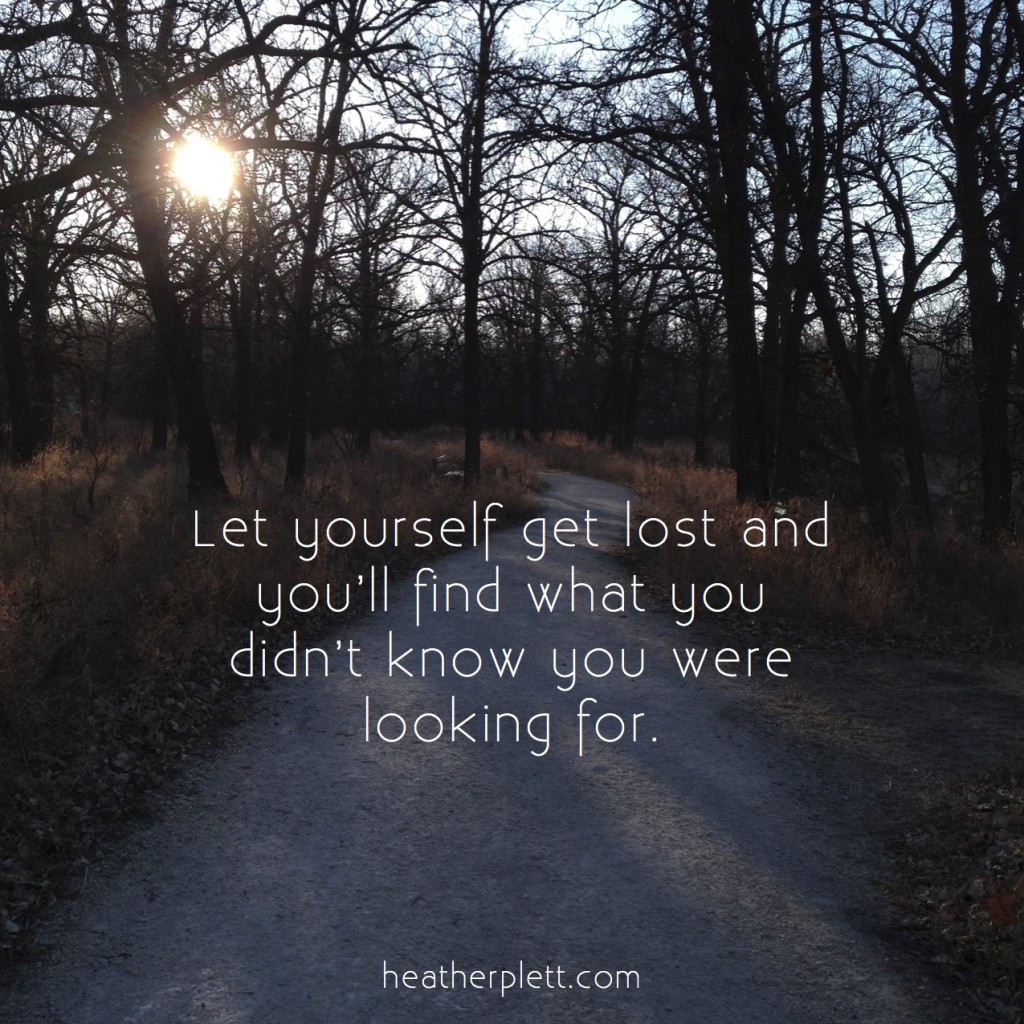 There’s a meme floating around on Facebook. A six word memoir. Write your life in six words. Here’s what I wrote…
There’s a meme floating around on Facebook. A six word memoir. Write your life in six words. Here’s what I wrote…
Lost and found. Again and again.
This is my life.
Walking the path I think is mine,
Until it doesn’t feel like mine anymore.
Finding myself profoundly lost.
Floundering in the dark until light peeks through the shadows.
Finding my way back to myself.
Finding ease for awhile, and then…
Entering another dark place.
Lost. Again.
Sometimes by my own choosing,
And sometimes guided by circumstances.
At first it felt like I was doing something wrong,
Like I just wasn’t as good as everyone else at finding direction.
Like I was doomed to wander in the world,
Never finding the kind of clarity others seem to have.
Then I learned that this is the right way.
Lost and found. Again and again.
Each time, going deeper.
Each time, learning to understand the darkness more.
Each time, finding new truths about myself.
Finding those secrets I wouldn’t know if I were always found.
The lost place is the place where truth whispers.
The place where wisdom shines through the dark.
The place where I learn to let go.
The place where I learn to trust.
The lost place is where I finally get found.
Where I finally remove the mask.
Where I finally release what no longer serves.
Where I finally give in to what wants to be born.
The lost place is my salvation.
My surrender.
My birth.
My letting go so that I can be found.
Lost and found. Again and again.
Note: Are you finding yourself lost again? A journey through Pathfinder might help.
by Heather Plett | Feb 10, 2014 | Creativity, growth, mandala, Uncategorized
Today, the doors open once again for Mandala Discovery: 30 Days of Mandala Journaling. Sign up now and you’ll receive a prompt every day for 30 days during the month of March.
This course is changing people’s lives. Nearly 200 people have been through the course since it opened in September 2013, and I have heard remarkable stories of how it has impacted people in positive ways. (Some of their testimonials are on the sales page.)
In honour of registration opening once again, below is a sample prompt. In case you’re curious, but do not quite understand what the course is all about, this will give you a sense of what you’d receive every day.
Each day is based on a different theme related to personal growth. This sample prompt is based on the them of “roots”.
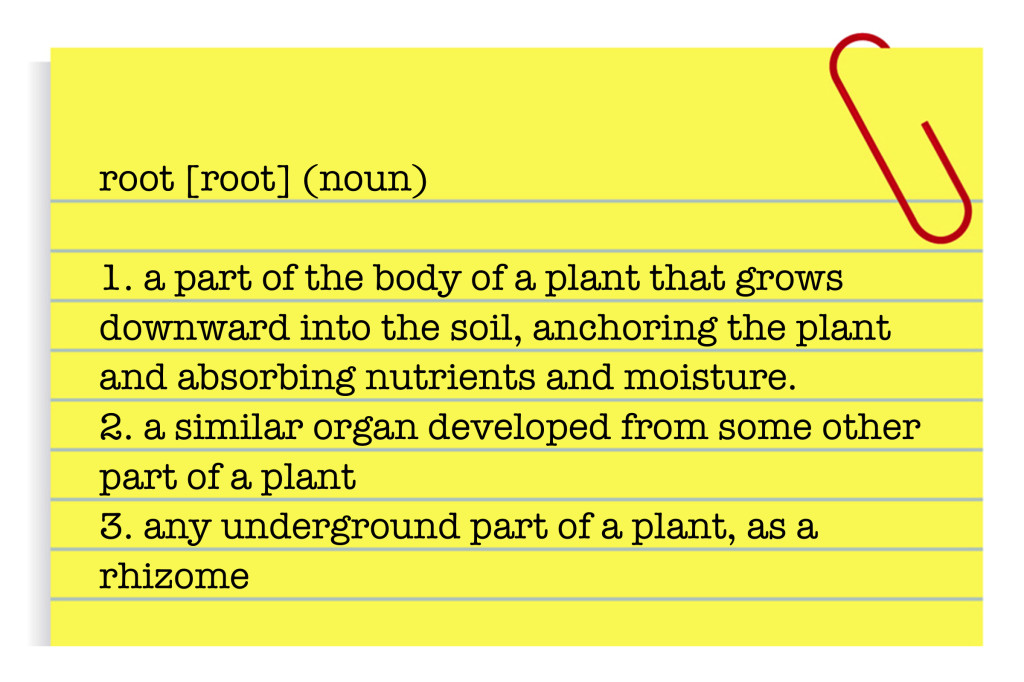
Where Your Roots Grow
A couple of years ago, I had the privilege of participating in a healing circle for people who’d been impacted by residential schools in our country. This is a tragic chapter of Canada’s history in which Aboriginal children were taken from their families and placed in boarding schools where they were denied their own cultural practices and language, and many were physically and emotionally abused.
A few of the people in the circle had been students at residential schools, but more of them had been raised by parents who were forced to attend residential schools. And then there were those of us who didn’t have residential schools in our blood line, but knew that we were impacted nonetheless, because our community members were impacted and because we were raised as white Canadians with a colonial history. Some of our ancestors undoubtedly shared in the guilt of this injustice.
As we listened to the stories shared around the circle, it was clear that all of us carried both the wounds and the wounding of our ancestors. It was especially apparent in those who’d been raised with parents who’d been in residential schools. Some of them spoke of alcoholism, family abuse, cultural neglect, and other stories that clearly left deep wounds in their collective psyche.
Whatever our roots are – whether we were raised in a lineage of oppressed or oppressors, religious or agnostic, poverty or wealth – we all carry the stories of our ancestors with us.
Our roots reach much deeper into the soil of our family’s past than we ever fully understand. We are impacted by the history that happened in our bloodline long before we were conceived and born into this world.
Bethany Webster talks about the importance of healing the mother wound. “The mother wound is the pain of being a woman passed down through generations of women in patriarchal cultures. And it includes the dysfunctional coping mechanisms that are used to process that pain.” The mother wound manifests itself in our lives as shame, comparison, the feeling that we need to stay small, allowing ourselves to be mistreated by others, and self-sabotage. If we do not heal it, she says, we continue to pass this wound down through the generations.
We must also consider the ways in which patriarchy has men. As Richard Rohr says, “After 20 years of working with men on retreats and rites of passage, in spiritual direction, and even in prison, it has sadly become clear to me how trapped the typical Western male feels. He is trapped inside, with almost no inner universe of deep meaning to heal him or guide him.” Men have to come to terms with their own wounds and often have little support to find healing for them.
These stories that we carry from our past – that we are not worthy, that we need to stay small, that we are not allowed to show emotion, that our cultures don’t have as much value as that of our colonizers, or that we are not allowed to do anything that goes against our religion for fear of hell – they are the soil in which our roots grow. If that soil is not fertile and nurturing, our growth is impaired and we never reach our full potential.
Imagine, though, that through an alchemical process, these stories can be healed and transformed and can become the fertile soil we need for healthy growth. Imagine that they can provide rich fertilizer to feed our roots and make our branches grow and our fruit to be plump and sweet.
We can transform these stories. They do not need to keep us small. They do not need to hold us back from what we can become.
Through much inner work – whether that looks like therapy, journaling, dance, meditation, mandala-making, or any other form of self-discovery and healing – we can cultivate those stories and stir them like a compost heap until they become the richest of fertilizer. This is not easy work, and it is not short-term work, but it is necessary work. The world needs us to heal and the world needs us to grow strong and true.
After reading the article by Bethany Webster, about the need to heal the Mother Wound, I wrote a letter to my mom. She died last year, so she won’t read it on this earth, but I still felt like there were some things I needed to say to her. I acknowledged the way that she had been wounded (by losing her mother when she was six, for example) and forgave her for the way that those wounds were passed on to me. I thanked her for the love she poured on me and my siblings despite the deep wounds she carried. Writing the letter felt significant – like I had begun to heal something for both myself and for her. There is more work to do, but every step toward healing is a step in the right direction.
Consider what Charles Eisenstein says about how our healing can contribute to the world’s healing (in “The More Beautiful World Our Hearts Know is Possible”):
“When I see how my friend R. has, in the face of near-impossible odds, so profoundly healed from being abused as a child, I think, ‘If she can heal, it means that millions like her can too; and her healing smooths the path for them.’
“Sometimes I take it even a step further. One time at a men’s retreat one of the participants showed us burn scars on his penis, the result of cigarette burns administered by a foster parent when he was five years old to punish him. The man was going through a powerful process of release and forgiveness. In a flash, I perceived that his reason for being here on Earth was to receive and heal from this wound, as an act of world-changing service to us all. I said to him, ‘J., if you accomplish nothing else this lifetime but to heal from this, you will have done the world a great service.’ The truth of that was palpable to all present.”
Eisenstein goes on to talk about scientific research into “morphic resonance” in nature – the concept that once something happens somewhere, it induces the same thing to happen elsewhere. Some substances, for example, are reliably liquid for many years until suddenly, around the world, they begin to crystallize. It is not clear why it happens, when these substance are not in contact with each other or exposed to the same environment, but it seems that a change to one begins to result in changes to others. In the same way, he says, the healing of one person can lead to the healing of others, even if those people never meet.
Transforming your stories into rich soil so that you can grow strong is necessary not only for you, but for the world.
Your Roots Mandala
Imagine you are a tree, firmly rooted in the stories of your past. Some of these stories are conscious for you (memories from childhood) and some are less conscious but you are impacted by them nonetheless.
Begin by drawing a large circle. In the centre of the circle, draw a small circle that represents the trunk of a tree. Reaching out from that trunk into the fertile soil around it, draw the roots of that tree. (Imagine you are looking down on the tree from above and can only see that part of the tree that is underground, not the branches or leaves.)
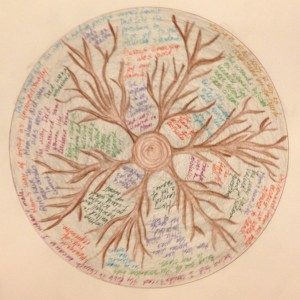 Between the roots, write down stories that are part of your past. Start with the stories that you know have impacted you and your growth in both positive and negative ways. Your religious upbringing, your father’s temper, your mother’s insecurity, your grandmother’s way of making you feel special, your birth order, your childhood abuse, etc. Do not censor yourself – if a story shows up, there’s a good chance it had an impact on you whether or not you recognize it. (There is no right or wrong way to do this – your stories are your own and you know what matters to you.)
Between the roots, write down stories that are part of your past. Start with the stories that you know have impacted you and your growth in both positive and negative ways. Your religious upbringing, your father’s temper, your mother’s insecurity, your grandmother’s way of making you feel special, your birth order, your childhood abuse, etc. Do not censor yourself – if a story shows up, there’s a good chance it had an impact on you whether or not you recognize it. (There is no right or wrong way to do this – your stories are your own and you know what matters to you.)
Reach further back. What are the stories that impacted your lineage before you were born? Your family’s displacement from the country they called home, your grandmother’s abusive marriage, your ancestors’ connection to colonialism or oppression, your grandfather’s death when your mother was small.
Write them all down. Some of them may bring up pain, and some may bring up positive memories. Some may have a clear impact on your life, and some you may not fully understand until a much later date. They are all part of your narrative and they are all part of the soil in which your roots dig for nourishment.
With a black pencil crayon, shade over the stories you have written, imagining that all of them are now becoming part of the compost that helps you grow. Whether good or bad, those stories are your soil.
Note: This exercise may bring up a lot of mixed emotions for you. It may feel like a little bit of healing, or it may feel like you’ve opened a wound that is still raw. That’s all part of the healing process. Sit with whatever comes up and do not try to suppress it. If you need to, do some further journaling to explore what came up, or find someone you trust that you can talk to about this.
You can find a downloadable pdf of this lesson here.
Did you find this useful? Consider signing up for the March 2014 offering of Mandala Discovery: 30 Days of Mandala Journaling. You’ll get 30 more like this.
by Heather Plett | Feb 6, 2014 | Beauty, circle, Creativity, Uncategorized
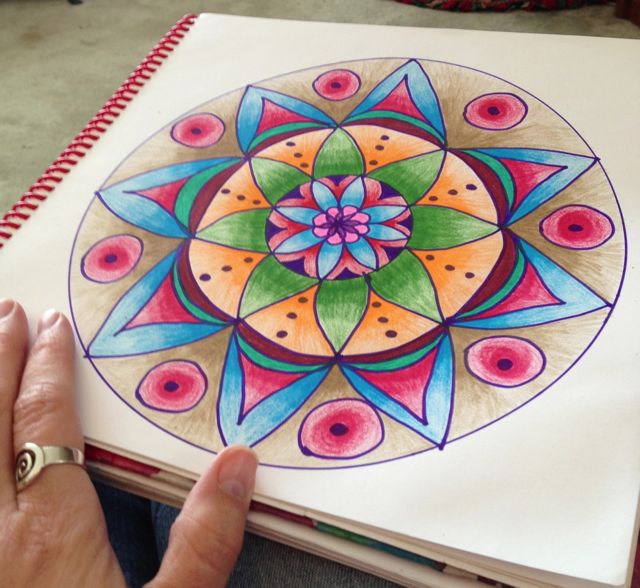 I see more and more women (and some men) who are finding their way back to the things they love to do – painting, dancing, writing, hosting, horseback riding, hiking, taking pictures, acting, etc.
I see more and more women (and some men) who are finding their way back to the things they love to do – painting, dancing, writing, hosting, horseback riding, hiking, taking pictures, acting, etc.
I work with a lot of these people, in my coaching and workshop facilitation, and I love to see the delight in their eyes when they talk about what they truly love to do. Some, for example, sit in my Creative Writing for Self-discovery circle and talk about how writing poetry feels like a homecoming – like something they’ve been longing for but didn’t know they were missing. Others start playing with mandalas and can’t believe how much joy it brings them to hold pencil crayons in their hands again.
Almost always, though, I see that delight in their eyes fade when I ask them “why don’t you do more of it?” They stammer a reply that sounds remarkably similar to all of the other excuses I’ve heard (I’m too busy, it makes me feel guilty, my partner makes fun of me, I can’t take the time away from my kids, etc.). And when they come back a week later, they sheepishly say “I wanted to do the homework, but couldn’t find the time.”
The bottom line is that they have been fed a lie that what they love to do is trivial. It’s the thing you do only if you have time after all of the important things are done. It’s just a hobby, so shouldn’t be taken as seriously as washing the dishes or crunching numbers at the accounting office you work at.
I have struggled with this lie in my own work too. Sure I teach transformational workshops online and off, but it’s not really that important, is it? It’s just stuff people do on the fringes of their lives – it doesn’t fit in the “mainstream” where people are doing real work. Even though I believe in it deeply and know it can transform people and communities, I have trouble marketing my work in the corporate world, because… well… won’t people make fun of me for trying to sell something so trivial in a serious environment?
Mandala journaling? That’s fine for people with time on their hands, but don’t try to get a serious corporate executive to colour in a circle. It’s far too trivial for someone with an important job title. Gathering in circle? Oh that’s just for women who aren’t doing the big, important work in the world. It’s not going to fly in places where people are having tough conversations and changing the world.
But it’s all a lie, and I know that. It’s the lie the patriarchy has been telling us for hundreds of years to keep us silent and to keep us from changing the accepted structures and heirarchy. It’s a lie we’ve been fed again and again, since childhood, and we don’t know how to change it because we’ve received so many wounds over it, we’ve learned to hide our hearts and keep our deepest loves secret.
Imagine if we could rise out of the shame and the fear and truly believe in what we love to do.
Imagine if we could convince governments to move their chairs into circles and have real conversations instead of the polarizing shouting they do at each other from across the room. Imagine if business meetings started with some quiet journaling or mandala-making. Imagine if there was daily dancing in the corporate offices downtown. Imagine if the heads of corporations and governments had to go on vision quests or self-discovery retreats before they could be trusted to lead.
It’s hard to imagine, isn’t it? Your first thought, like mine, was probably “oh, it would never work”. But what if every time we heard that voice of resistance in ourselves, we recognized it as the voice of the patriarchy trying to silence us, and we challenged it instead of accepting it?
A few weeks ago, I co-facilitated a weekend stakeholder consultation for a national association of city planners. Because we knew it would be a difficult conversation, we encouraged them to use circle to ensure that everyone was heard. There was some reluctance to our recommendation, but fortunately we had an ally on the planning committee, and so we went ahead with it. The circle transformed the way they gathered. People made positive contributions throughout the weekend because they felt heard. Important decisions were made AND people felt valued and hopeful.
The circle is NOT too trivial for people who are making important business decisions. In fact, I think it’s imperative.
A few years ago, I was facilitating a team planning retreat for a non-profit, and I invited everyone to start with some simple yoga poses, and then we played with modeling clay and tried to envision our future through clay. Halfway through, one of the people in the room said, “but when are we going to do the real work?” He was anxious to get to the strategic planning we needed to do. I didn’t say much, but when we were finished, we looked at each other’s clay creations and saw a great deal of vision for where the team needed to move. “Oh, I get it,” said the person who had resisted. “This IS the real work.” Yes, it is. We saw more vision emerge from the pieces of clay than we would have in a traditional brainstorming session.
Art-making and yoga are NOT too trivial for people doing world-changing work. In fact, I think it’s imperative.
It’s taken me years to stop believing the lie (and it still creeps in now and then), but I believe that the world is crying out for us to do this work. It’s transformational for EVERYONE, not just the people with time on their hands after the real work is done.
It starts by changing us individually, and with that as a base, it can change governments, change international relationships, change the way we treat our earth, and change our communities.
I believe it’s imperative. The world needs this kind of change. And it will have to start with a healing of our collective wound and a new belief that this is worthy work we are doing.
If you are on the path to the work you love, or you want to step onto that path, consider a journey through Pathfinder.
If you want to practice openhearted writing, consider joining a small, intimate virtual circle on Friday, February 14th.
by Heather Plett | Feb 3, 2014 | circle, Uncategorized, writing
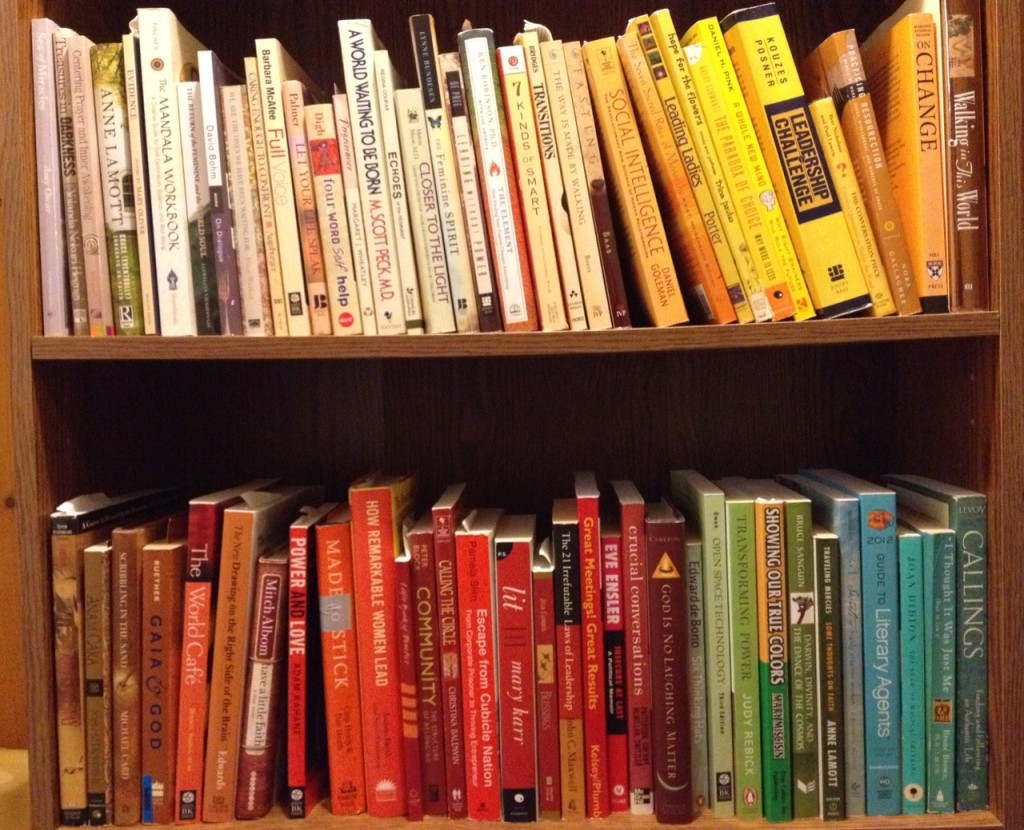 When I am in pain, I turn to books. When I am lost, I turn to books. When I am confused, need to feel less alone, long to be inspired, need help with relationships, or want to change the world or myself, I turn to books.
When I am in pain, I turn to books. When I am lost, I turn to books. When I am confused, need to feel less alone, long to be inspired, need help with relationships, or want to change the world or myself, I turn to books.
I turn to books. A lot.
Yes, I also seek support from my community – my family and dearest friends – and I do a lot of journalling, wandering, praying, and art-making, but almost always, when there is a gap in my life, I first look for books (or blog posts, articles, song lyrics – anything that’s well written) that will help me understand something deeper about myself and the world I live in.
Good writing cracks my heart wide open. It changes my perspective. It opens me to new possibilities. It challenges me to be a better person. Sometimes it frightens me. And sometimes it makes me weep. But it always leaves me wiser and more openhearted than before.
When I was lost and losing my faith and wanted to know that my confusion was human and that there was a different way of experiencing God than the way I’d grown up believing, Anne Lamott’s courageous, vulnerable, and breathtaking words let me know that it was okay to lie broken on the floor, and trust that God would be down there on the floor with me.
“Hope is not about proving anything. It’s about choosing to believe this one thing, that love is bigger than any grim, bleak shit anyone can throw at us.” – Anne Lamott
When I was in a difficult place, facing the fear of conflict and yet knowing that I, as a non-profit manager, needed to address the difficult things that my team was facing instead of hiding and pretending it wasn’t there, I hung Ranier Maria Rilke’s words on my wall.
“Perhaps all the dragons in our lives are princesses who are only waiting to see us act, just once, with beauty and courage. Perhaps everything that frightens us is, in its deepest essence, something helpless that wants our love.” – Rainer Maria Rilke
When I was preparing to travel to Ethiopia, where I knew I would see the kind of intense poverty and injustice that would tear my heart apart, I turned to Viktor Frankl.
“For the first time in my life I saw the truth as it is set into song by so many poets, proclaimed as the final wisdom by so many thinkers. The truth – that Love is the ultimate and highest goal to which man can aspire. Then I grasped the meaning of the greatest secret that human poetry and human thought and belief have to impart: The salvation of man is through love and in love.” – Viktor Frankl
When I longed to follow my dreams, and not simply follow the accepted path that would make the least waves, I clung to Mary Oliver’s words.
“You do not have to be good.
You do not have to walk on your knees
for a hundred miles through the desert, repenting.
You only have to let the soft animal of your body
love what it loves.” – Mary Oliver
When my inner wild woman kept whispering in my ear, Clarrisa Pinkola Estes helped me recognize her.
“If you have yet to be called an incorrigible, defiant woman, don’t worry, there is still time.” – Clarissa Pinkola Estés
When I longed to understand myself better so that I could understand others, David Whyte served as a guide.
“Making room for our own fears, we suddenly have room for the fears of others. Once we have renounced the need to live without suffering, to be special, to be exempt from the losses and doubts that have afflicted all people since the beginning of time, we can see the difficulties of others without being afraid ourselves. Our fearful, disappointed surface face starts to fall away. We can welcome other people into our lives because no matter their fears, they do not make us afraid. Suffering is the natural cyclical visitation that comes from being alive.” – David Whyte
When I couldn’t understand why my journey was often so difficult while others seemed to have much easier paths, Parker Palmer saved me.
“Most of us arrive at a sense of self and vocation only after a long journey through alien lands. But this journey bears no resemblance to the trouble-free “travel packages” sold by the tourism industry. It is more akin to the ancient tradition of pilgrimage – a transformative journey to a sacred centre’ full of hardships, darkness, and peril.” Parker Palmer
When I was lost in grief over the deaths of my mother, father, and son, C.S. Lewis shared his own story and left me feeling less alone.
“Grief … gives life a permanently provisional feeling. It doesn’t seem worth starting anything. I can’t settle down. I yawn, I fidget, I smoke too much. Up till this I always had too little time. Now there is nothing but time. Almost pure time, empty successiveness.” – C.S. Lewis
When I tried to follow my passion, but faced fear and resistance, Steven Pressfield held my hand and coaxed me forward.
“Remember our rule of thumb: The more scared we are of a work or calling, the more sure we can be that we have to do it.” – Steven Pressfield
When I needed to learn how to trust again, Martyn Joseph’s songs were my companions.
“So turn me tender again Fold me into you Turn me tender again And mould me to new Faith lost its promise And bruised me deep blue Turn me tender again Through union with you”– Martyn Joseph
When my creative heart called me forward into a deeper and deeper journey, John O’Donohue was there beside me.
“The call to the creative life is a call to dignity, to a life of vulnerability and adventure and the call to a life that exquisite excitement and indeed ecstasy will often visit.” – John O’Donohue
When chaos terrified me and I didn’t know how I would lead my team forward, Margaret Wheatley calmed my nerves.
“Change always involves a dark night when everything falls apart. Yet if this period of dissolution is used to create new meaning, then chaos ends and new order emerges.” – Margaret Wheatley
When I looked around me and saw only flawed paradigms for leadership, Christina Baldwin was my guide to a new way of seeing.
“As much as we may think we know about the nature of being human, the circle knows more. The circle is a form that has been able to withstand the imperfections of human interaction and survive tremendous social shifts. I believe this on both experience and faith: experience, because I have been in circles at moments of searing vulnerability and high confrontation and the circles have held me; faith, because the circle once held human society together for over thirty thousand years.” – Christina Baldwin
When I recognized that part of my calling was to help people build community, Peter Block showed me how.
“Leadership is about rearranging the chairs, getting the questions right, putting citizens in front of each other and then knowing what’s worth focusing on. The leadership I’m longing for is the leadership that says my number one job is to bring people together out of exile, out of isolation, and into connection.” – Peter Block
These writers and so many more have kept me company in my darkest days and inspired me in my brightest days. I owe them a deep, deep gratitude for the many ways in which they have touched my life.
All of my life, I have strived to be the kind of openhearted writer that these writers have been. It has been my daily practice to put my words onto the page in vulnerable, truth-seeking ways. Sometimes I share those words, and sometimes I keep them close to my heart… but always I write. Always.
One of the greatest blessings of my life has been the many, many times that someone has left a comment on my blog, sent me an email, or phoned to tell me “your words touched/changed/challenged/enlightened/inspired me.” When I share with an open heart – whether that heart is broken in the grief of the death of my mother, cowering in fear over challenges that feel too big for me, stumbling through the daily struggle of life, or in awe of the grace that appears out of nowhere – people respond.
Open hearts touch other open hearts.
Out of my own practice of openhearted writing has emerged a new offering. I want to invite you into a small, intimate online circle where we will spend a day practicing and learning about openhearted writing.
Won’t you join me on February 14th in opening our hearts to what wants to be written? Your words may not leave the pages of your own journal, but even if you are the only person who is changed, the practice is worth every moment you spend on it.














 Between the roots, write down stories that are part of your past. Start with the stories that you know have impacted you and your growth in both positive and negative ways. Your religious upbringing, your father’s temper, your mother’s insecurity, your grandmother’s way of making you feel special, your birth order, your childhood abuse, etc. Do not censor yourself – if a story shows up, there’s a good chance it had an impact on you whether or not you recognize it. (There is no right or wrong way to do this – your stories are your own and you know what matters to you.)
Between the roots, write down stories that are part of your past. Start with the stories that you know have impacted you and your growth in both positive and negative ways. Your religious upbringing, your father’s temper, your mother’s insecurity, your grandmother’s way of making you feel special, your birth order, your childhood abuse, etc. Do not censor yourself – if a story shows up, there’s a good chance it had an impact on you whether or not you recognize it. (There is no right or wrong way to do this – your stories are your own and you know what matters to you.)
